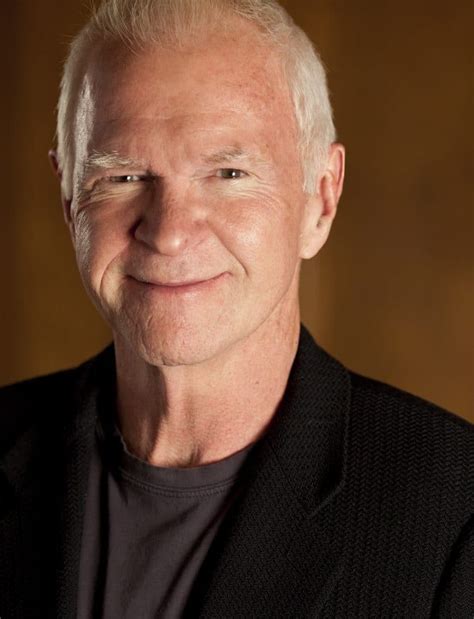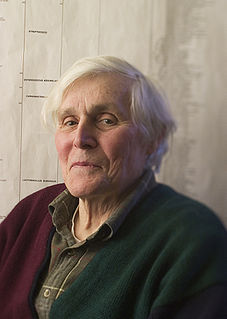A Quote by Harun Yahya
Atheism, which people have tried to for hundreds of years as 'the ways of reason and science,' is proving to be mere irrationality and ignorance.
Related Quotes
The notion that science does not concern itself with first causes - that it leaves the field to theology or metaphysics, and confines itself to mere effects - this notion has no support in the plain facts. If it could, science would explain the origin of life on earth at once - and there is every reason to believe that it will do so on some not too remote tomorrow. To argue that gaps in knowledge which will confront the seeker must be filled, not by patient inquiry, but by intuition or revelation, is simply to give ignorance a gratuitous and preposterous dignity.
Let me tell you that atheism has never painted a masterpiece. Atheism has never dispelled fear. Atheism has never healed a disease; faith in God has, but not atheism. Atheism has never given anyone piece of mind. Atheism has never dried a tear. Atheism has never given an intellectual answer to the creation. Atheism is bankrupt and empty; it's brain dead.
But they that hold God to be [an incorporeal substance]do absolutely make God to be nothing at all. But how? Were they atheists? No. For though by ignorance of the consequence they said that which was equivalent to atheism, yet in their hearts they thought God a substanceSo that this atheism by consequence is a very easy thing to be fallen into, even by the most godly men of the church.
When I think of Camelot, I think of the castle in France where we film, but I think it's wrong to lock it down to one place because it's all part of our imagination. They are legends for a reason. Their stories have endured for hundreds of years and, hopefully, they will for hundreds of years to come.
So let's set the record straight. Faith is not the opposite of reason. The opposite of faith is unbelief. And reason is not the opposite of faith. The opposite of reason is irrationality. Do some Christians have irrational faith? Sure. Do some skeptics have unreasonable unbelief? You bet. It works both ways.
The antagonism between science and religion, about which we hear so much, appears to me to be purely factitiousfabricated, on the one hand, by short-sighted religious people who confound a certain branch of science, theology, with religion; and, on the other, by equally short-sighted scientific people who forget that science takes for its province only that which is susceptible of clear intellectual comprehension; and that, outside the boundaries of that province, they must be content with imagination, with hope, and with ignorance
Discerning the merits of competing claims is where the empirical basis of science should play a role. I cannot stress often enough that what science is all about is not proving things to be true but proving them to be false. What fails the test of empirical reality, as determined by observation and experiment, gets thrown out like yesterday's newspaper.


































